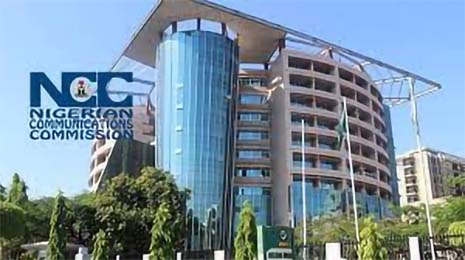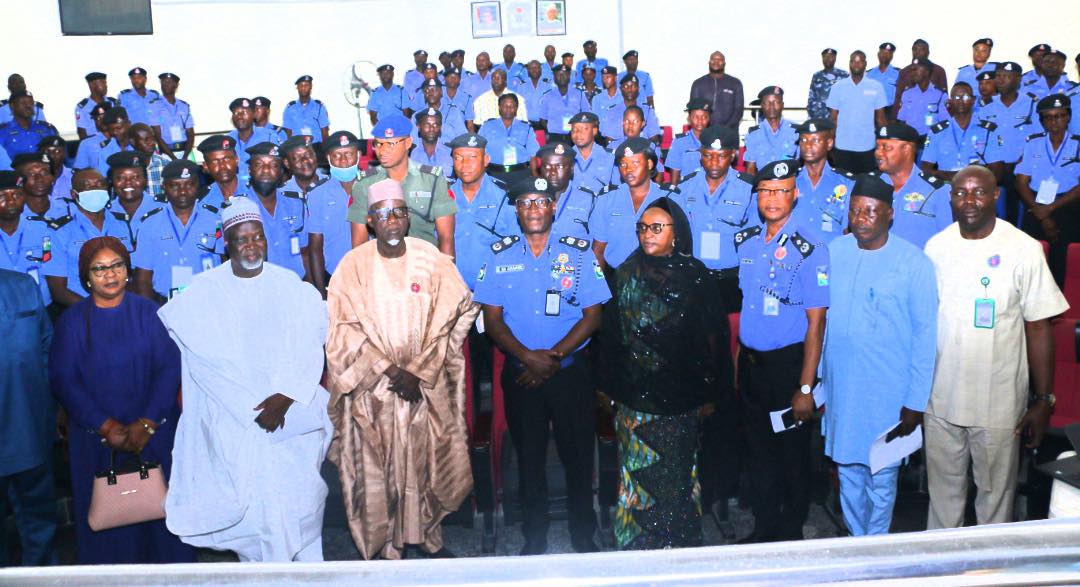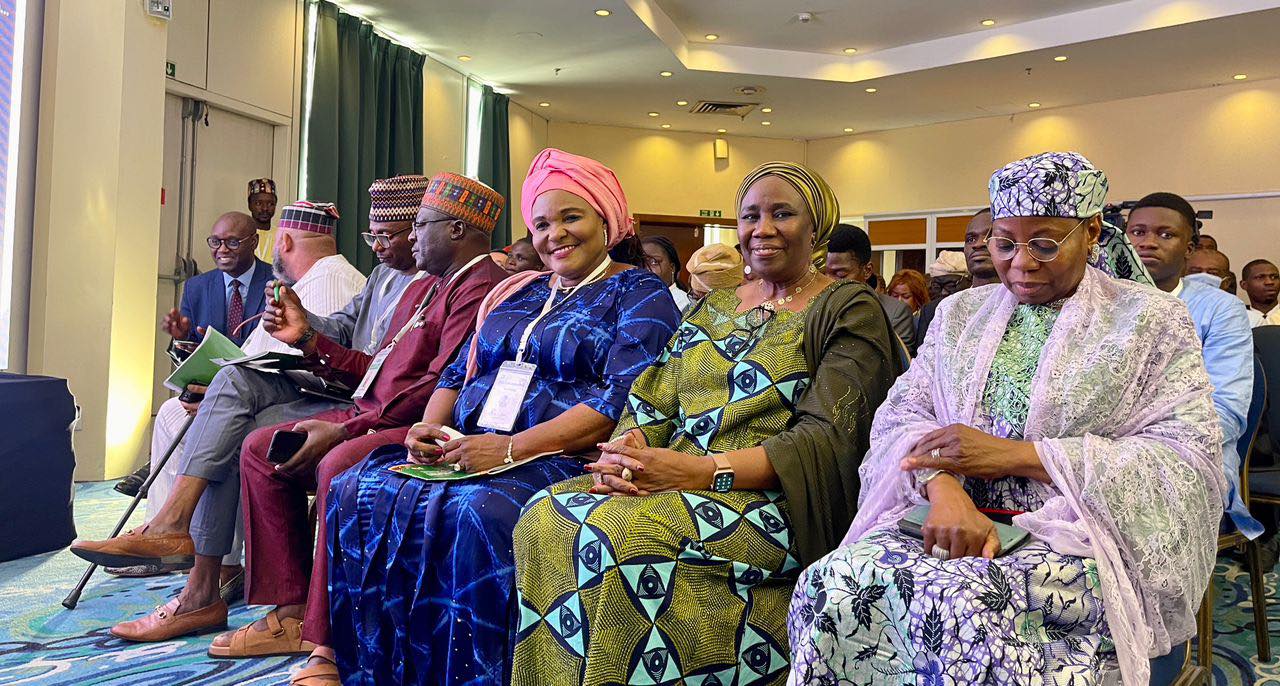The Nigerian Communications Commission (NCC) has raised an urgent alarm over the destructive impact of vandalism and denial of access to telecom facilities, describing these challenges as critical threats to the nation’s digital economy and connectivity goals.
Speaking at the Critical National Information Infrastructure (CNII) Protection and Resilience Workshop Series, organized by the National Cybersecurity Coordination Centre (NCCC) under the Office of the National Security Adviser, Dr. Aminu Maida from the NCC painted a sobering picture of how these issues ripple across the telecommunications ecosystem, affecting millions of Nigerians.
A Chain Reaction of Challenges
Dr. Maida revealed that vandalism and theft, coupled with widespread denial of access to telecom facilities, have created a domino effect that cripples network expansion and service maintenance. “In 2023 alone, over 20,000 cases of site access denial were recorded,” he said. “Each of these cases represents a missed opportunity to connect more Nigerians and a barrier to building a robust digital economy.”
The denial of access by property owners, communities, and various levels of government has hindered operators from installing new infrastructure and maintaining existing ones. This seemingly isolated issue has far-reaching consequences, not only for the telecom industry but also for the socioeconomic growth of the nation.
The Domino Effects on Nigerians
When a telecom site is vandalized or access to it is restricted, the effects extend beyond the immediate inconvenience of dropped calls or slow internet speeds:
1. Economic Stagnation: Businesses, especially SMEs reliant on digital connectivity, are unable to thrive due to inconsistent or unavailable services. Entrepreneurs are losing customers, while e-commerce platforms struggle to meet demands.
2. Disrupted Education: With online learning now a critical part of education, students in affected areas are left disconnected, their academic progress hindered by poor network quality.
3. Healthcare Impact: Telemedicine services, which rely on stable networks to provide remote consultations, become unreliable, particularly in rural areas where access to healthcare is already limited.
4. National Security Risks: Vandalized or inaccessible telecom facilities can compromise communication systems used for security and emergency response, leaving communities vulnerable.
5. Digital Transformation Delays: The federal government’s ambition to build a thriving digital economy is directly impacted, as these setbacks hinder progress in broadband penetration and other critical infrastructure goals.
A Call for Collective Action
The NCC emphasized that these issues cannot be solved in isolation. Telecom operators, government agencies, community leaders, and property owners must work collaboratively to address the root causes.
“This isn’t just about telecom companies—it’s about the entire nation,” Dr. Maida stated. “Every time a mast is vandalized or a site is blocked, it creates a ripple effect that hurts every Nigerian in one way or another. Protecting telecom facilities is a collective responsibility.”
The Road Ahead
To tackle these challenges, the NCC is intensifying its advocacy and engaging with stakeholders to find lasting solutions. Proposals include stricter laws against vandalism, public awareness campaigns on the importance of telecom infrastructure, and streamlined processes for gaining access to sites in restricted areas.
As Nigeria strives to enhance its digital connectivity and position itself as a global tech hub, protecting the backbone of its telecom network has never been more critical. Failure to act decisively, the NCC warned, could result in a stagnated digital economy and a disconnected population at a time when connectivity is synonymous with progress.
The stakes are high, but with a united approach, the vision of a fully connected Nigeria can still be achieved.






 Performance Over Politics
Performance Over Politics





